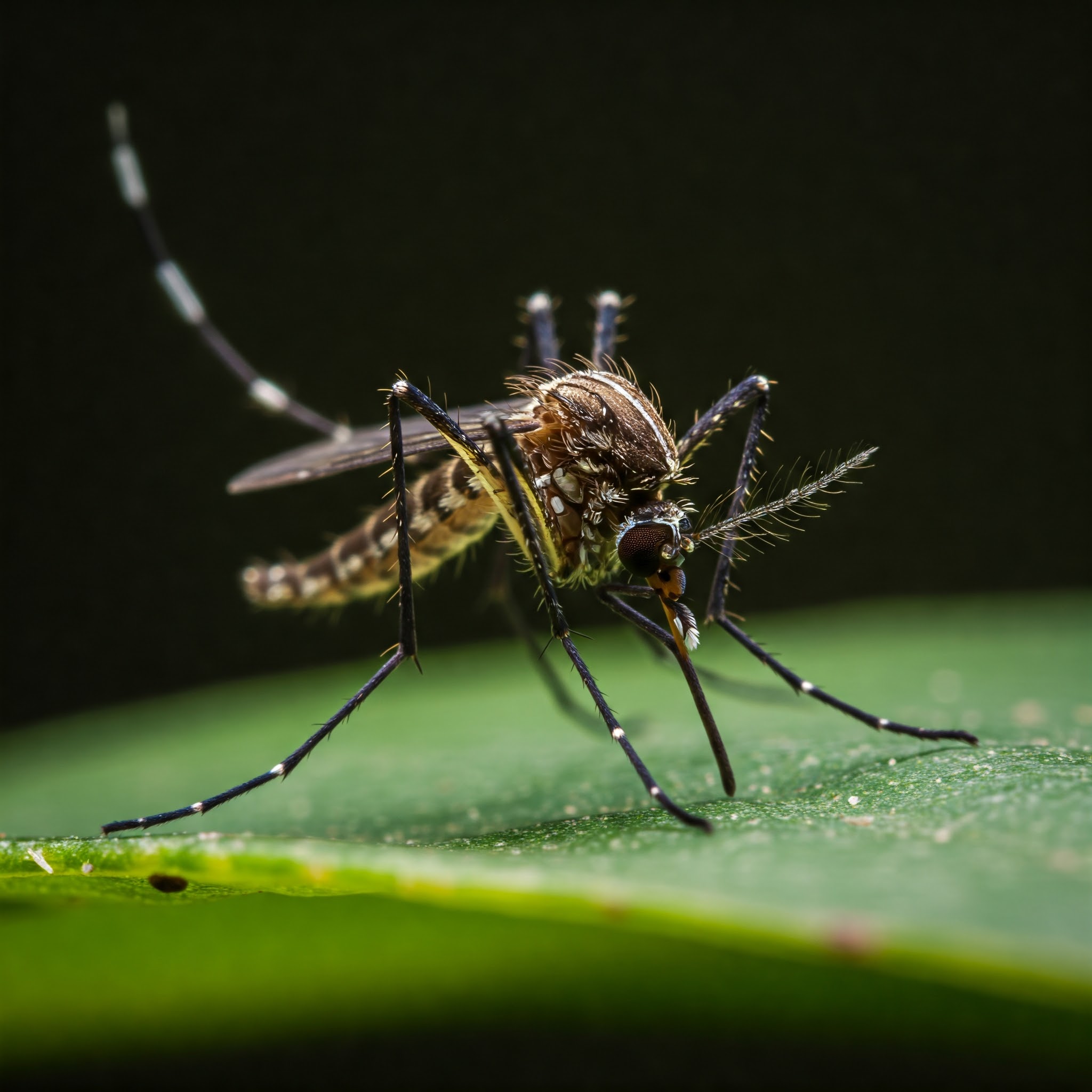Malaria continues to be one of the biggest risks to world health. An estimated 247 million infections and more than 600,000 fatalities occurred in 2022, primarily in sub-Saharan Africa. Therefore, there is an urgent need for innovative research methods to make long-term advancements in treatment and prevention.
Plasmodium parasites are the cause of malaria, and people contract the disease by being bitten by an infected mosquito. The most deadly malaria species, Plasmodium falciparum, has an extremely intricate life cycle that is governed by exact gene regulation. It is essential to comprehend these regulatory mechanisms in order to target the pathogen at various developmental phases.
The group discovered that the chromatin remodeler PfSnf2L, a protein complex that controls DNA accessibility for transcription, is a crucial regulator of genes involved in different phases of the pathogen’s growth.
Our research shows that PfSnf2L is essential for P. falciparum to dynamically adjust gene expression.
Maria Theresia WatzlowikThe unique sequence and functional properties of PfSnf2L led to the identification of a highly specific inhibitor that only kills Plasmodium falciparum,
Markus MeißnerThis inhibitor represents a new class of antimalarials, potentially targeting all life cycle stages,” adds Professor Markus Meißner, Chair Professor of Experimental Parasitology at LMU’s Faculty of Veterinary Medicine.
Malaria is one of the most adaptive diseases we face.
Gernot Längst
Also Read: Positive Outcomes From the Initial Prenatal Therapy for Spinal Muscular Atrophy
Targeting its epigenetic regulation may help prevent the emergence of parasites that are resistant to treatment or improve the efficacy of currently available medications.
The study underscores the importance of integrating epigenetics into malaria research. Future work will focus on testing small molecules that inhibit the parasite’s epigenetic machinery and exploring their effectiveness in preclinical models.
Markus Meißner
Source: Ludwig Maximilian University – News
Journal Reference: Watzlowik, Maria T., et al. “Plasmodium Blood Stage Development Requires the Chromatin Remodeller Snf2L.” Nature, 2025, pp. 1-7, DOI: https://doi.org/10.1038/s41586-025-08595-x.
Last Modified:






